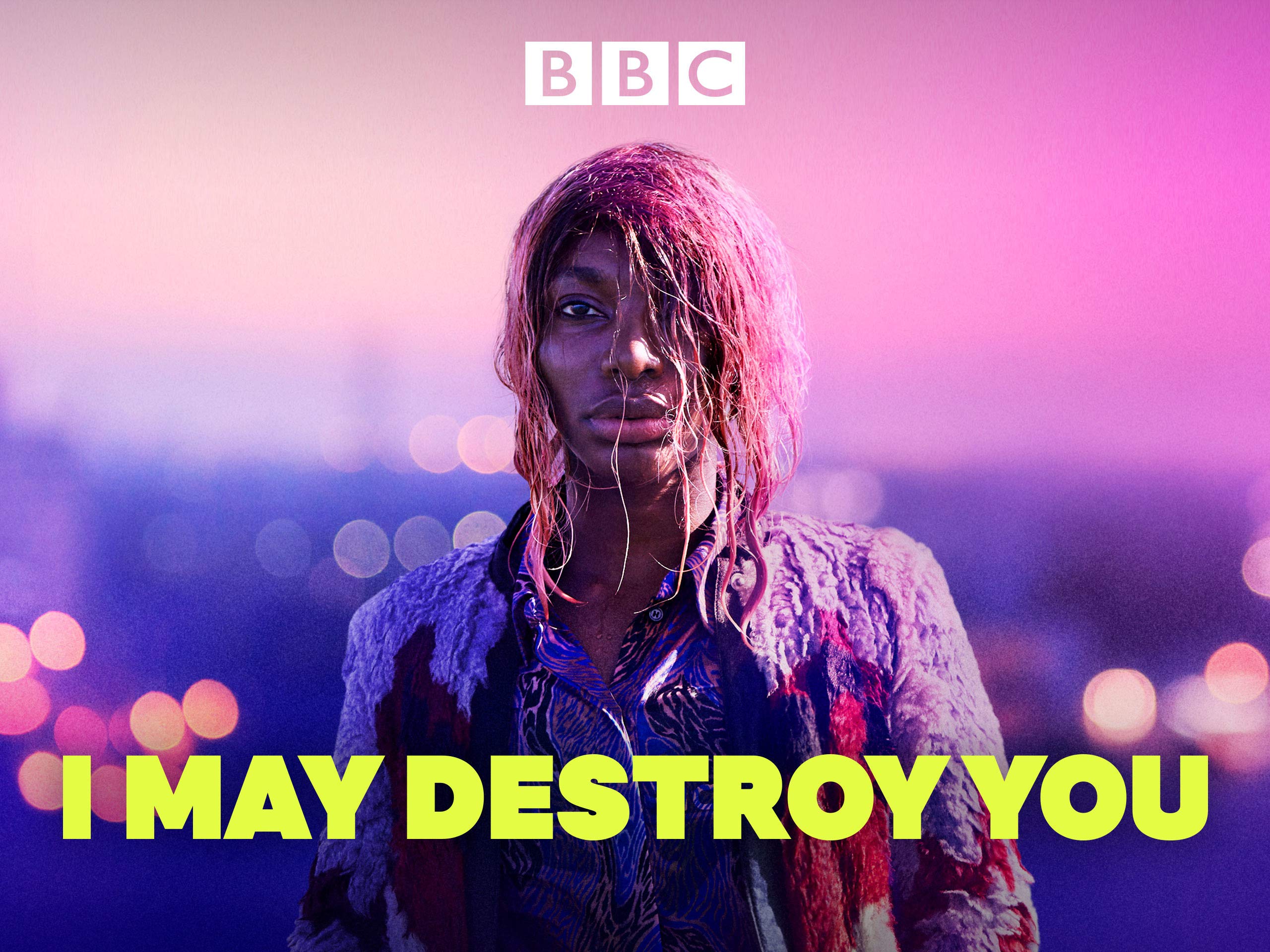

It’s an experience that deserves more time and consideration than a throwaway plot or joke can ever afford it.

It will always require some level of weeding through the wilds of your memory and trauma to adjust to a new normal of latent distrust. There will always be questions, loose ends, and fevered flashbacks to worst-case scenarios that may or may not be true. The bodily experience and emotional wreckage of being drugged - of having someone secretly hijack the controls to your own body - isn’t one that any single episode can realistically convey without, I guess, resorting to jokes or rushing to neat conclusions.īut a drug’s deliberate scrambling of your brain renders absolute closure impossible. Characters accidentally drink the wrong soda, render rivals unconscious, spike an annoying aunt’s tea. For every “I May Destroy You” or “Veronica Mars,” there are easily ten screwball punchlines that undercut the severity of the crime. For as common as people drugging others is, television has vanishingly few thoughtful depictions of what it and the aftermath are actually like. What I wasn’t expecting from watching Arabella retrace her steps, though, was relief. And when I watched her jolt into a sudden memory of someone assaulting her, I shivered, remembering the double-edged relief of feeling lucky (lucky!) to have somehow gotten home without someone taking advantage of me first, because if I’m certain about anything from those two awful nights, it’s that I couldn’t have fought back. When I watched her talk to another woman who had a suspiciously similar night, watched the gears of her exhausted brain reluctantly connect the dots, I remembered finally doing the same. When I watched her come to the next morning, confused but determined to carry on through what seemed like a terrible hangover, I remembered trying to do the same. So when I watched Arabella’s eyes sliding sideways as she fumbled for the bar door, just barely aware enough to know that something had gone horribly wrong, I felt the phantom echoes of my body doing the same. It’s lonely, until you find someone else who had the same thing happen to them, and then another one, and another one, until you know so many people with different versions of the same story that it makes you shake with a deep, devastated pulse of anger. It’s disorienting enough to make the center of your own gravity collapse, over and over again. And if it doesn’t immediately fade away, it stabs at the open wound of your confusion to make the pain more visceral than the drug’s numbing effect otherwise allows. You reach back into the haze of the night to try and grasp something solid, but every shard of memory that does manage to cut through the fog is a tease. Trusting yourself, your body, and the intentions of everyone around you afterwards is a suddenly unimaginable hardship. Getting roofied - an annoyingly passive phrase for someone committing an inherently violent act against an unsuspecting person- makes for a dizzying, infuriatingly opaque experience. But when the first episode showed Arabella taking one (1) tequila shot minutes before she loses herself completely, I knew exactly what had happened, because I’ve had the same thing happen to me - twice. “I May Destroy You” doesn’t spell out what happened until Arabella and Alissa compare notes to confirm it (as best they can, anyway).

#I may destroy you reviews tv#
With Coel’s gimlet-eyed view of her own trauma guiding the way, “I May Destroy You” offers a startlingly real, empathetic depiction of a situation that TV rarely gets even halfway right. She can never “officially” know what happened, even as she feels the keen pain of the truth radiating through her bones. By that point, though, it’s too late to confirm it with a test most of those drugs work their way out of your system within 24 hours. It takes someone else saying outright that she also mysteriously blacked out, and must have been roofied, for Arabella to recognize and accept, that the same might have happened to her. As the specter of terror lurks just in her periphery, Arabella spends much of the second episode trying to figure out the trajectory of her night while desperately assuming she must’ve had more to drink than she realized. Arabella, a longtime fan of chaotic nights out, doesn’t want to believe that this one went so horribly wrong when it’d be so much easier to chalk it up to bad judgment. Coel and director Sam Miller unveil this truth in fits and starts, blurry half-remembrances and hopeful second guesses.


 0 kommentar(er)
0 kommentar(er)
